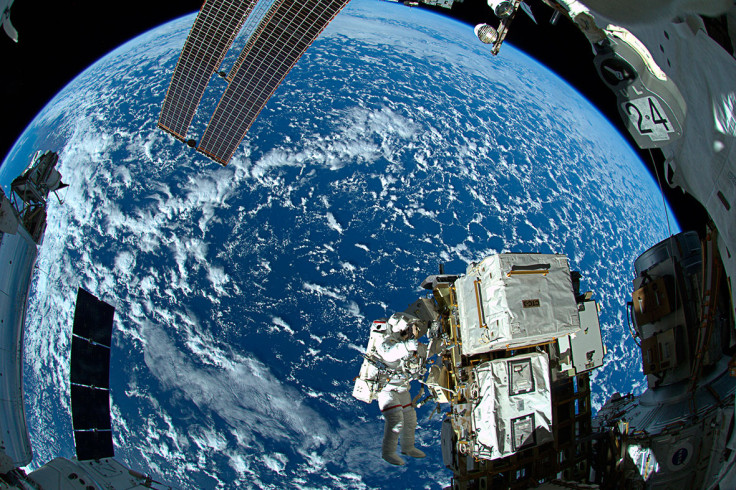Space missions targeted by hackers 'only a matter of time', says NASA cyber chief
Jeanette Hanna-Ruiz says cybersecurity is a top priority for the space agency.

Jeanette Hanna-Ruiz, chief information officer for IT security at Nasa, has claimed it's only a 'matter of time' before cyberattackers and nation-state government adversaries successfully hack into the space exploration technology used by the world-famous federal agency.
Hanna-Ruiz, who took the prestigious role in August 2016, told Bloomberg in an interview that her strategy over the next year is to "get control of our internal network" and bulk up the space agency's focus on cybersecurity – from computer terminals to industrial control systems.
"It's a matter of time before someone hacks into something in space," said the 44-year-old executive. "We see ourselves as a very attractive target."
The ultimate scenario, she explained, would be hackers finding a way to directly take over the controls of an active satellite mission.
"We have a lot of people who are focused on getting this particular thing to space," Hanna-Ruiz said. They may not be necessarily thinking of security.
"The truth is I don't know if I want them to be thinking about security. I want them to be excited and passionate about going to space."
One major concern is that hackers – very likely working for a rival government – is that communications sent between spacecraft and its bases would be intercepted. Hanna-Ruiz said the agency's cybersecurity teams are actively searching for bugs and vulnerabilities.
In February last year, it was revealed there were over 10,000 machines that infected by malware within Nasa. One source told IBTimes UK at the time he had uncovered "at least 30" critical databases run by the agency that were left publicly exposed to the internet.
More recently, in April this year, military sources confirmed that the US Air Force is already prepping for the possibility of space-based warfare. Research is already well underway on methods to harden satellites with anti-jamming technology and to defend infrastructure built in space.
"We're preparing for an age in which war extends into space because that's where the capabilities are going to be able to operate, in addition to on sea, under sea and in the air," Lieutenant Colonel Kyle Pumroy, chief of Space Force Structure Plans at the US Force, told Military.com.
Now, Hanna-Ruiz, who previously worked under the Obama Administration and for the DHS-NSA Joint Cyber Coordination Group, has stressed that despite rising political tensions with Russia, Nasa's relationship with Moscow when it comes to the final frontier remains strong.
"The great thing is Nasa has a good history of working with Russia on space exploration and partnering with them to get our astronauts up to space," she told Bloomberg. According to one report to Congress last year, the agency reported 1,484 "cyber incidents" in 2016.
© Copyright IBTimes 2025. All rights reserved.






















